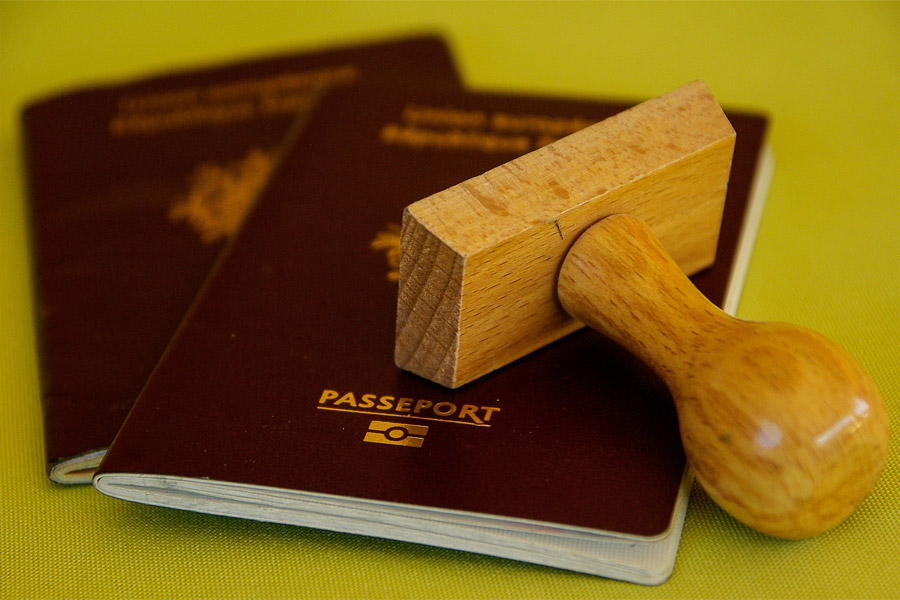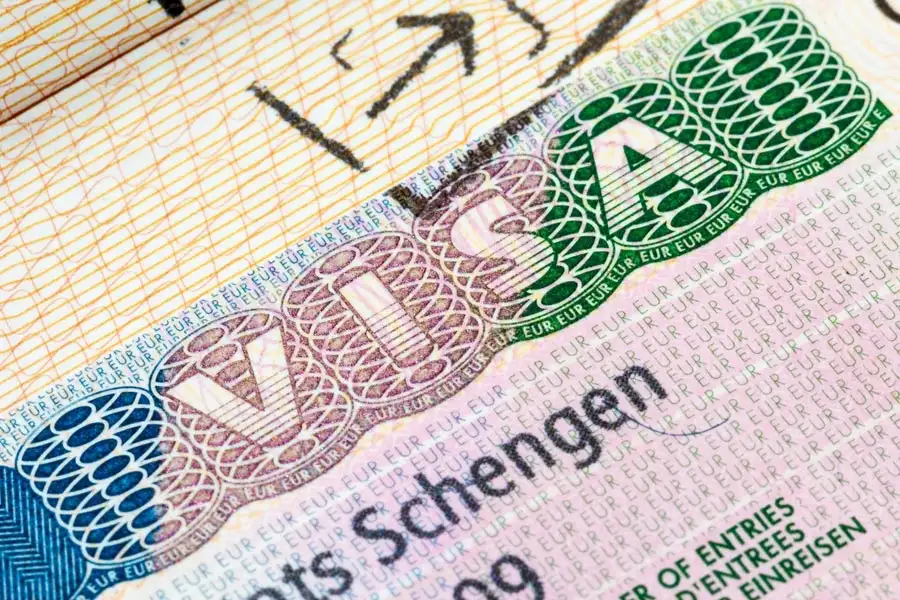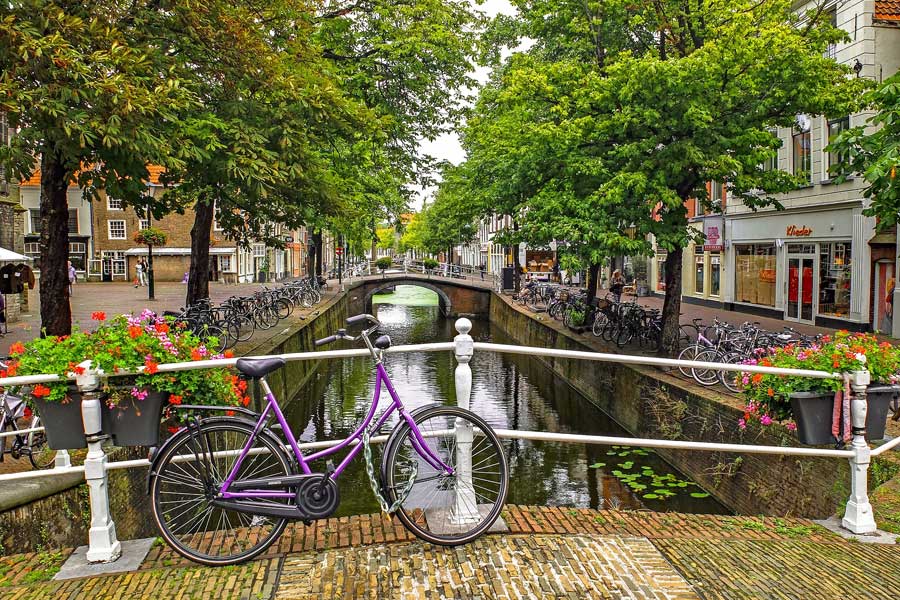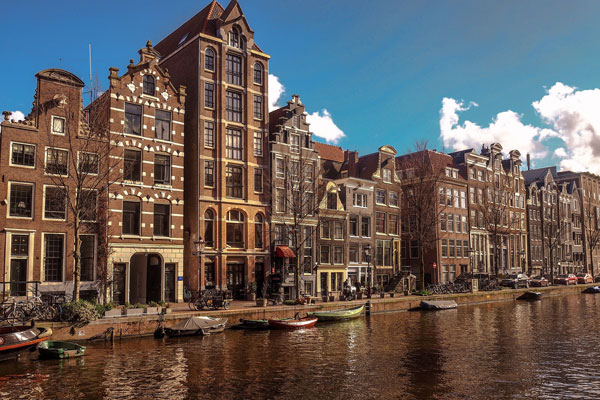The main difference between a visa and a residence permit is the duration of stay. A visa is valid for a short period of time, while a residence permit is valid for an extended period of time. Additionally, a visa is usually obtained prior to entering the country, while a residence permit is usually obtained after the foreign citizen has already entered the country.
A visa is also only able to be renewed a certain number of times, while a residence permit can usually be renewed indefinitely as long as the holder meets the requirements.
A Visa
A visa is a document issued by a government that grants a foreign citizen permission to enter the country in question. it is usually a stamp that is issued by a foreign government and placed in a person’s passport. It states the purpose of the visit, the length of stay and the number of times the visa holder may enter the country.
Moreover, a visa grants the holder permission to enter a country for a specific purpose, such as tourism, business, family visit or study. A visa is typically valid for a certain period of time, and the holder must leave the country before it expires.
A Residence Permit
A residence permit is a document issued by a government that grants a foreign citizen permission to stay in the country for a specified period of time. It is also known as a long-stay visa or a work permit.
It’s valid for an extended period of time, usually for a year or longer. A residence permit is usually obtained after the foreign citizen has already entered the country.
Difference Visa and Residence Permit
In short, visas and residence permits are two different documents that are used for different purposes. A visa is a document, usually stamped on the passport, that allows a person to enter a country for a certain short period of time, while a residence permit is a document that allows a person to stay in a country for an extended period of time.
Visa
Residence permit
Do you need a residence permit as a highly skilled migrant?
With our IND sponsorship service we help you work in the Netherlands for an employer that is not (yet) a recognised sponsor of the IND.
Companies can employ highly skilled migrants with our employer of record service and outsource all immigration matters to us through our immigration services.








